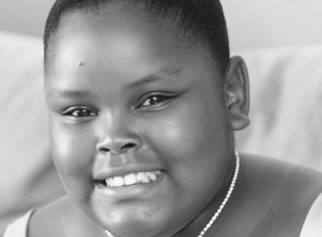
Researchers found dramatic rises in “broken-heart syndrome” in Vermont after a huge storm ravaged the state and in Missouri after a massive tornado. Takotsubo cardiomyopathy, also known as “broken-heart syndrome,” weakens the heart’s left ventricle and temporarily enlarges the organ causing abnormalities.
A team from the University of Arkansas looked at data from nearly 22,000 people in the United States who were diagnosed with broken heart syndrome in 2011. Two states stood out as having the highest rates, Missouri with 169 cases per one million and Vermont with 380 cases per one million, the national average is less than 150 cases per 1 million people.
During that year, two major disasters hit those states, tropical storm Irene in Vermont and the EF5 multiple-vortex tornado in Missouri, both of which left a massive scale of destruction and casualties.
Symptoms of broken heart syndrome include chest pain and shortness of breath. The condition typically resolves within one or two months, but can lead to serious complications, such as heart failure, heart rhythm disorders, and stroke in some cases.
Sadip Pant, M.D., internist at the University of Arkansas for Medical Sciences, and lead investigator of the study said in a press release: “By and large, it is a very reversible form of cardiomyopathy, but in the acute phase these patients need to be monitored closely to be sure they are stable and to prevent and manage problems.”
Published in JAMA Internal Medicine, the report noted that during the first three months of bereavement, the risk of a heart attack or stroke was one-third higher.
Pant also adds that little is known about broken-heart syndrome, including the trigger, since each person’s threshold for stress is different. While there were disasters in 2011 around the country, residents in some regions may adapt due to the frequency of such occurrences. For example, rates of this syndrome may not be high Florida, despite the number of hurricanes that hit the peninsula.
The research will be presented at the American College of Cardiology’s 63rd Annual Scientific Session from March 29th to March 31st.
The authors encourage emergency doctors and medical personnel to be aware of the syndrome because they are often the first responders to see patients after disaster strikes.
S.C. Rhyne is a blogger and novelist in New York City. Follow the author on Twitter @ReporterandGirl, http://Facebook.com/TheReporterandTheGirl and visit her website at http://www.SCRhyne.com.
